Cruel and Not Unusual: Can America’s Prisons and Jails Change, and, If So, How?
The University of Texas at Austin
February 3-4, 2023
Speaker Bios
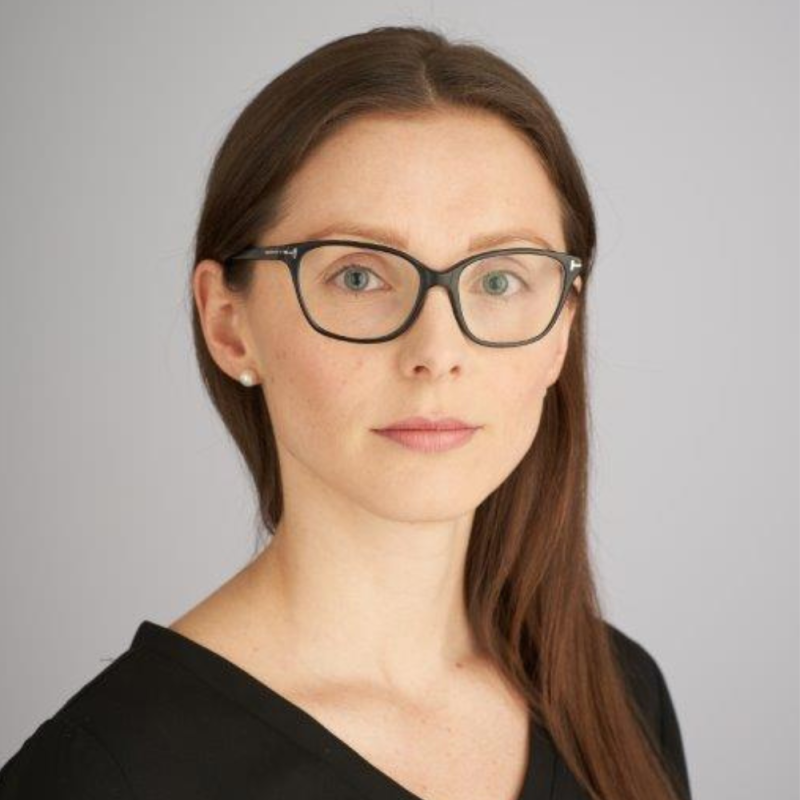
Synøve Anderson
Synøve N. Andersen is a postdoctoral researcher at the Department of Sociology and Human Geography at the University of Oslo. Her work focuses primarily on quasi-experimental analyses of Norwegian correctional and family policies, comparative criminal justice, prison reform and the dynamics of co offending networks and criminal careers. She is the co-PI of the Scandinavian Prison project, a reform and evaluation effort that seeks to support correctional officers as they work to implement Scandinavian principles on a radically changed housing unit in Pennsylvania.
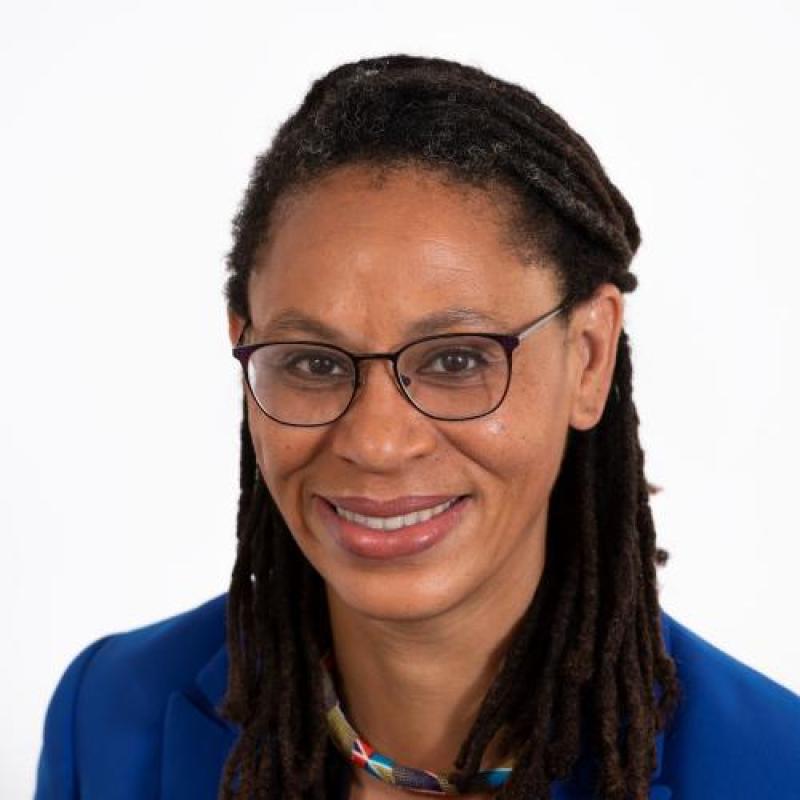
Andrea Armstrong
Andrea Armstrong is a professor at Loyola University of New Orleans College of Law. Her scholarship focuses on the constitutional dimensions of prisons and jails, specifically carceral mortality and health, prison labor practices, the intersection of race and conditions of incarceration, and public oversight of detention facilities. Her most recent project examining who is dying and how in Louisiana prisons, jails, and detention centers is widely cited as the first comprehensive study of deaths in custody. Prof. Armstrong is an interdisciplinary scholar, integrating incarceration law with history, health policy, and the arts. She teaches in the related fields of incarceration law and policy, constitutional law, criminal law and procedure, law and poverty, and race and the law. Professor Armstrong is a graduate of Yale Law School (JD), the Princeton School of Public and International Affairs (MPA), and New York University (BA). She also chairs the Advisory Committee for the Prison and Jail Innovation Lab at the Lyndon B. Johnson School of Public Affairs.
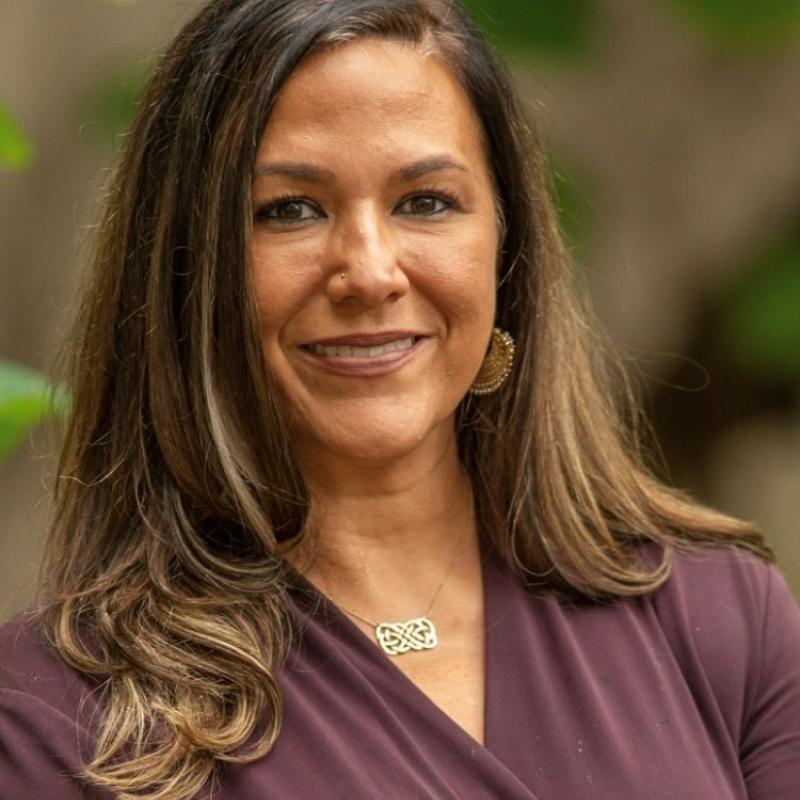
Sheila Bedi
Sheila A. Bedi is a clinical professor of law at the Northwestern Pritzker School of Law and director of the Community Justice and Civil Rights Clinic, a law school clinic that provides students with the opportunities to work within social-justice movements on legal and policy strategies aimed at redressing over-policing and mass imprisonment. Bedi litigates civil-rights claims on behalf of people who have endured police violence and abusive prison conditions. She also represents grassroots community groups seeking to end mass imprisonment and to redress abusive policing. Bedi teaches classes on abolition and the law of state violence to students who are incarcerated through Northwestern’s Prison Education Program. Bedi’s partnerships with affected communities on litigation and policy campaigns have closed notorious prisons and jails, increased community oversight of law enforcement, created alternatives to imprisonment and improved access to public education and mental health services.
Previously, Bedi served as a deputy legal director of the Southern Poverty Law Center. Her honors include the 2022 CLEA Outstanding Advocate for Clinical Teaching Award, NAACP’s Vernon Dahmer and Fannie Lou Hamer Award and the Federal District Court Excellence in Public Interest Award (N.D. IL). Bedi writes about race, gender, and the criminal legal system. She is a co-author of the casebook Incarceration and the Law. Sheila's scholarship has been published by the Stanford Journal on Civil Rights and Civil Liberties and the Harvard BlackLetter Law Journal and her public commentary has been published by the Washington Post, U.S. News and World Reports, and USA Today.
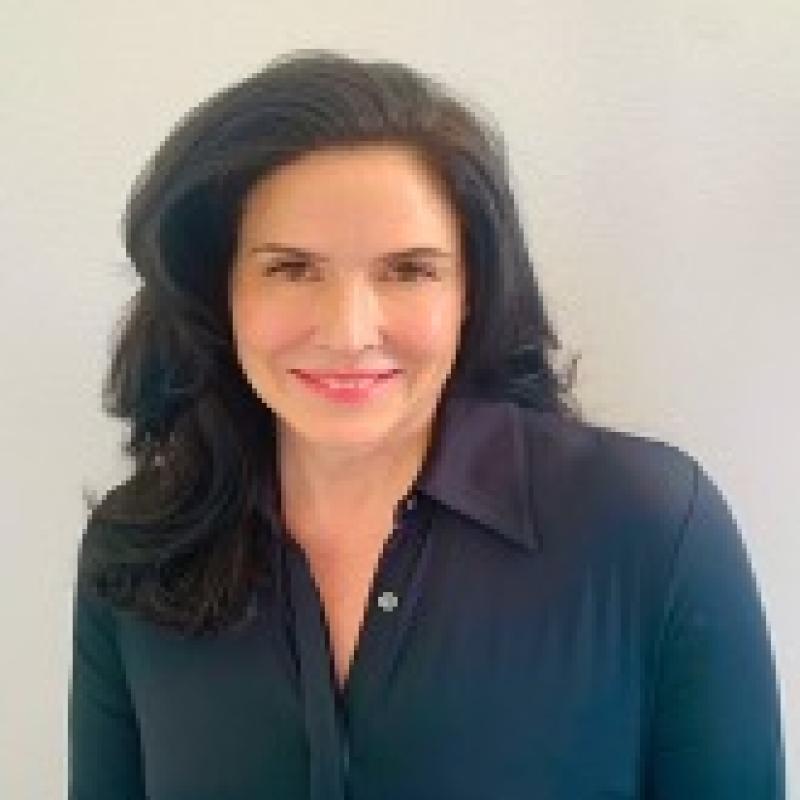
Cathleen Beltz
Cathleen Beltz is an attorney with more than 20 years of experience in the field of jail and prison oversight, reform, and research. In June 2022, Ms. Beltz was appointed Independent Monitor, Remick v. City of Philadelphia, by the Honorable Berle M. Schiller, Senior Judge, United States District Court for the Eastern District of Pennsylvania, to oversee reform of the Philadelphia Department of Prisons. From 2014 to 2022, she served as Assistant Inspector General with the Los Angeles County Office of Inspector General, where she managed the IG’s oversight of the LA County jail system, including eight facilities with more than 4,000 personnel and 14,000 incarcerated persons. Previously, Ms. Beltz served as Deputy Special Master, monitoring the California Department of Corrections and Rehabilitation-Division of Juvenile Justice for compliance with the Farrell v. Beard consent decree regarding conditions of confinement in California’s youth prisons. She conducted an audit and policy analysis for the San Francisco Sheriff’s Department on its use of strip searches and safety cells, which resulted in substantial reforms. She has taught university courses in quantitative and qualitative research methods, using surveys of personnel at Missouri prisons. Ms. Beltz is currently serving her second term on the NACOLE Board of Directors.

Keri Blakinger
Keri Blakinger is a Texas-based investigative reporter covering prisons and jails for The Marshall Project. She previously covered criminal justice for the Houston Chronicle, and her work has appeared in the Washington Post Magazine, VICE, the New York Daily News and The New York Times. Her critically-acclaimed memoir, "Corrections in Ink," published in June 2022.
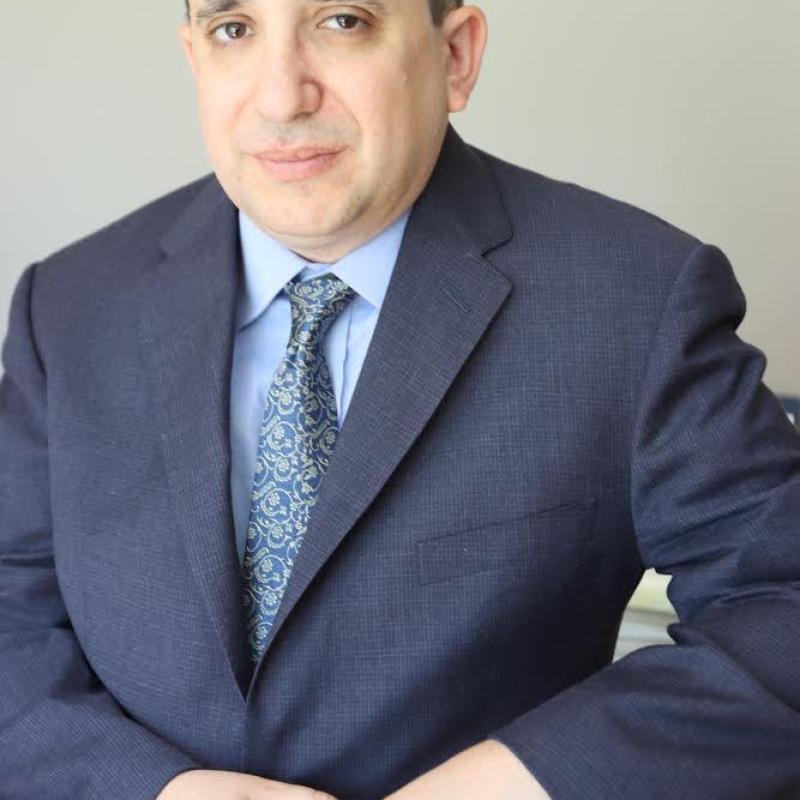
Reuven Blau
Reuven Blau is a senior reporter at The City. He has previously worked at the New York Daily News, the New York Post, and the Chief-Leader. He is known as the dean of Rikers reporters. He's also the co-author of the newly released "Rikers: An Oral History" with Graham Rayman for Random House. At The City he has written stories that have led to the call for the end of solitary confinement and improvement of public playgrounds after years of neglect. He frequently uses data requests to shed light on ongoing issues such as deaths behind bars and people evading red light cameras by obscuring their license plates. In 2015, an expose he wrote about overcharging at Whole Foods based on data obtained via the Freedom of Information Law led to the heads of the company apologizing to customers. A Denver native, Blau is die hard fan of the Denver Broncos and all Colorado sports teams. He currently lives in Hillside, New Jersey with his wife, Sara, and two children, Noam, 6, and Meira, six months.
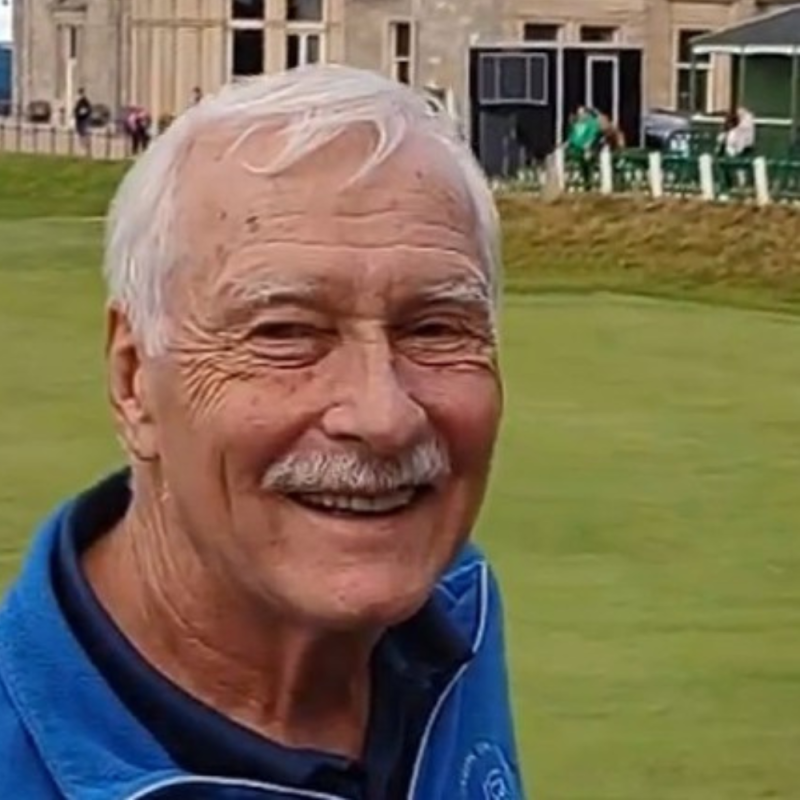
Bill Collins
Bill Collins began his career in correctional law in the early 1970s. He served as a Senior Assistant Attorney General in Washington State, heading the Corrections Division of the AG’s office for five years. He was also counsel to the Washington State Jails Commission. Leaving the AG’s office in 1985 in favor of a sole private practice specializing in correctional issues, he wrote, trained, lectured, and consulted on correctional issues on a nationwide basis until entering semi-retirement about 10 years ago. Much of his work was supported by the National Institute of Corrections. In 2005-06, he served as a member of the American Bar Association’s Task Force on the Legal Status of Prisoners.
In 1989, along with Fred Cohen, Bill co-founded and co-edited the Correctional Law Reporter (CLR). He continues to write for CLR, including a number of articles over the last couple of years dealing with the Alabama prison litigation. In 2019, Bill authored The Supreme Court and Corrections: The Landmark Cases That Have Shaped America’s Prisons and Jails (Civic Research Institute). He also has written or contributed to a number of other books, monographs, and articles which address virtually every inmate-related legal issue you can name.
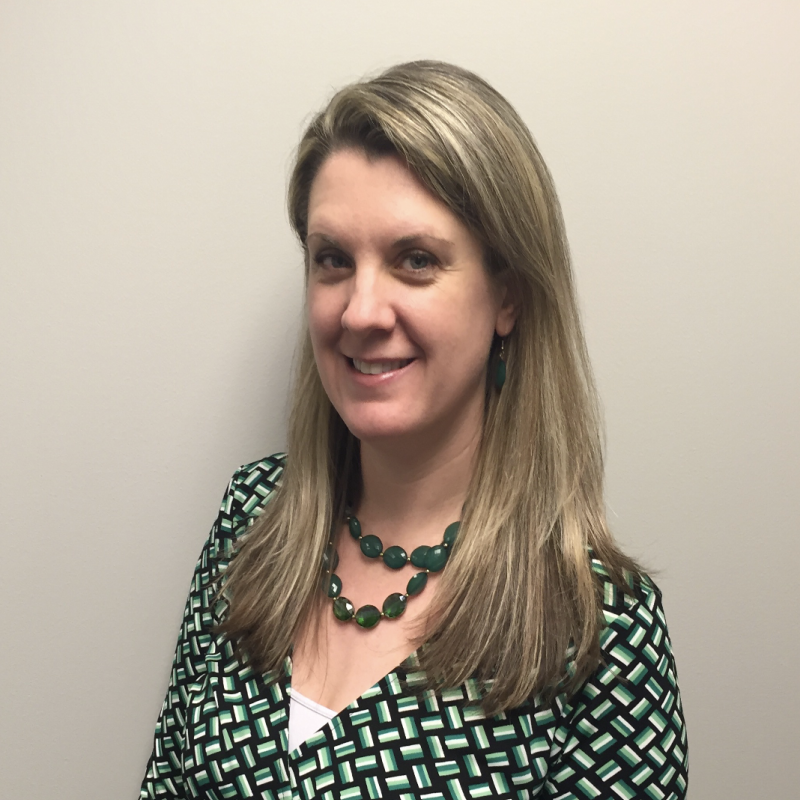
Laura Cowall
Laura Cowall is a Deputy Chief with the U.S. Department of Justice, Civil Rights Division, Special Litigation Section. In her eighteen years with the Special Litigation Section, Ms. Cowall has investigated, litigated, and enforced consent decrees and settlement agreements involving a pattern or practice of unconstitutional prison and jail conditions across the United States. These cases involve investigating the root causes of governmental deprivations of constitutional and other federal rights, designing institutional reform, litigating when necessary, and monitoring and enforcing the reform requirements. Her work at DOJ has spanned the country, including current prison/jail cases in Georgia, Louisiana, Massachusetts, Mississippi, Virginia, and the U.S. Virgin Islands. Prior to her tenure at the Justice Department, Ms. Cowall was an associate with WilmerHale in Washington, D.C. and a law clerk for Judge Irma E. Gonzalez, U.S. District Court for the Southern District of California. Ms. Cowall is a graduate of Vanderbilt University Law School and Michigan State University.
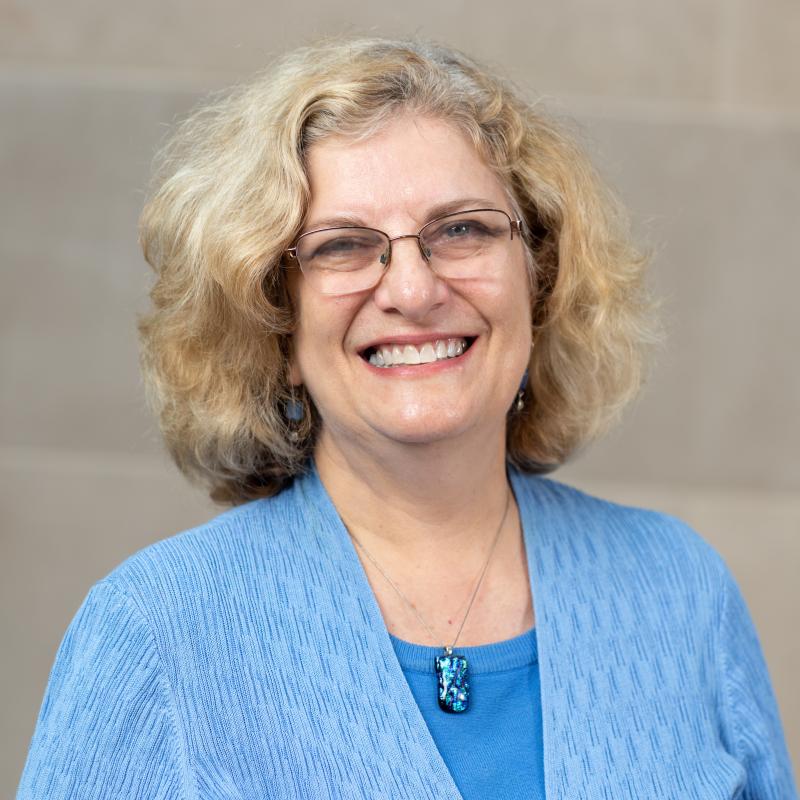
Michele Deitch
Michele Deitch directs the Prison and Jail Innovation Lab at the University of Texas, a policy resource center working to transform the way we treat people in prisons and jails and to improve correctional oversight. She also holds a joint appointment as a distinguished senior lecturer at the Lyndon B. Johnson School of Public Affairs and UT School of Law. Her areas of specialty include independent oversight of correctional institutions, prison and jail safety issues, the management of youth in custody, and juveniles in the adult criminal justice system. Before entering academia, Michele served as a federal court-appointed monitor of conditions in the Texas prison system as part of the landmark Ruiz v. Estelle case; as General Counsel to the Texas Senate Criminal Justice Committee; as policy director for Texas’s sentencing commission; as a consultant to justice system agencies around the country; and as the original drafter of the ABA’s Standards on the Treatment of Prisoners. She has won numerous teaching awards, including being named to the 2019 Texas Ten List of the most inspiring professors at the University of Texas at Austin; has been a Soros Senior Justice Fellow; and is the recipient of the 2019 Flame Award for the National Association for Civilian Oversight of Law Enforcement (NACOLE) for her significant contributions to corrections oversight. She holds degrees from Amherst College, Oxford University, and Harvard Law School.
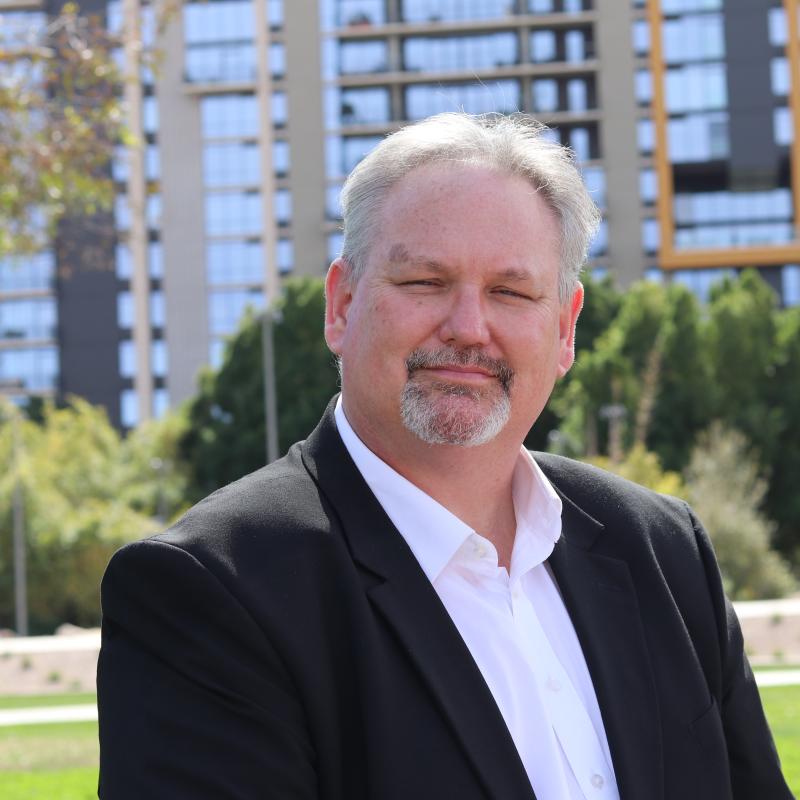
John Fabricius
John Fabricius is the Digital Campaigner at Dream.Org, Justice as well as the Executive Director of Arizonans for Transparency and Accountability in Corrections (ATAC) an Arizona non-profit organization dedicated to creating independent, external oversight of the Arizona Department of Corrections. John has been directly impacted by the criminal legal system as both a family member of an incarcerated person (older brother) and as an incarcerated person himself having served 15-years in Arizona state prisons. While incarcerated, John earned a Paralegal degree and spent over a decade assisting fellow incarcerated men access the courts with post-conviction relief, habeas corpus, civil-rights, family law, and civil matters. John has worked with lawmakers, policymakers, organizations, directly impacted individuals, families, and fellow advocates in an effort to pass legislation to disrupt mass incarceration, create solutions for climate change, to create new economic opportunities in overlooked communities and create independent, external oversight of one of the most punitive and draconian prison systems in the country.
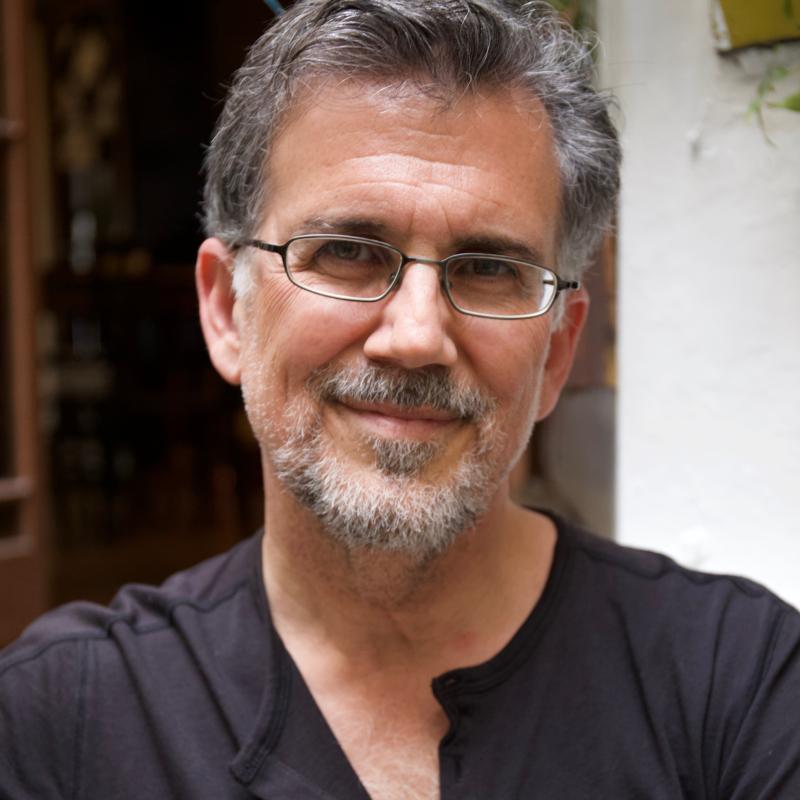
David C. Fathi
David C. Fathi is Director of the American Civil Liberties Union National Prison Project, which brings challenges to conditions of confinement in prisons, jails, and other detention facilities, and works to end the policies that have given the United States the highest incarceration rate in the world. He worked as a staff lawyer at the Project for more than ten years before becoming director in 2010, and has litigated numerous prisoner rights cases throughout the United States. From 2012 to 2015 he represented the ACLU in negotiations leading to adoption of the United Nations Revised Standard Minimum Rules for the Treatment of Prisoners, known as the “Nelson Mandela Rules.”
From 2007 to 2010 Fathi was Director of the US Program at Human Rights Watch. The US Program works to defend the rights of particularly vulnerable groups in the United States, and has published groundbreaking reports on the death penalty, prison conditions, racial discrimination, the rights of immigrants, and many other human rights issues.
Fathi has lectured nationally and internationally on criminal justice issues. His op- eds have appeared in The Guardian, Washington Post, Los Angeles Times, Chicago Tribune, Houston Chronicle, and other major media outlets. He is Chair of the Board of Penal Reform International, a London-based NGO that works for criminal justice reform around the world. He is a graduate of the University of Washington and the University of California, Berkeley Law School.
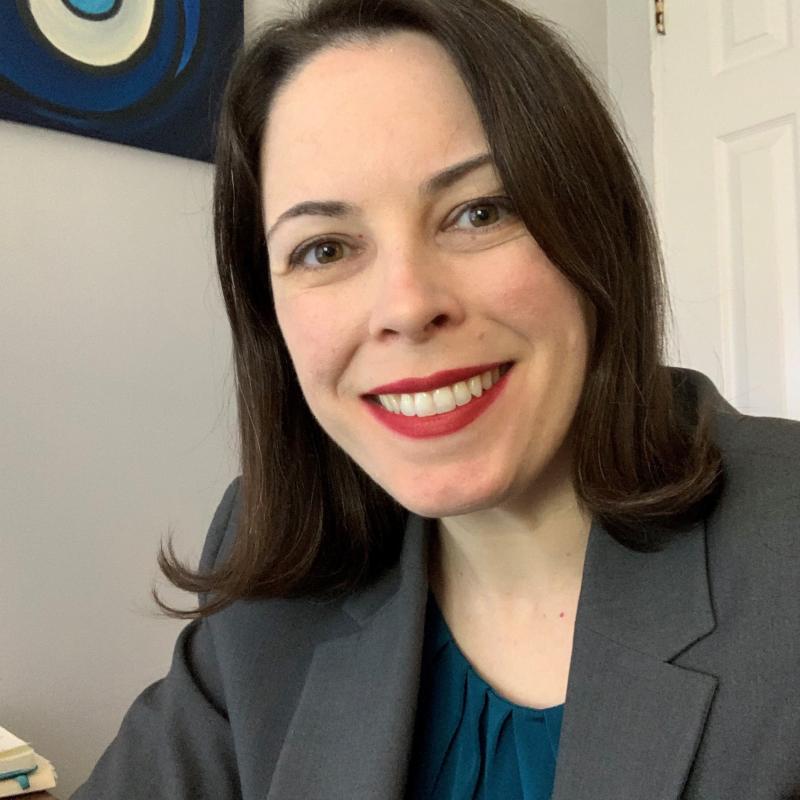
Molly Gill
Molly Gill is the Vice President of Policy for FAMM, a nonpartisan, nonprofit sentencing reform organization in Washington, D.C. Gill is a lawyer, advocate, and expert on sentencing law and policy, with more than 15 years of experience working in the criminal justice field. She coordinates FAMM’s sentencing reform campaigns in states across the country and works with state lawmakers, affected family members, and other criminal justice stakeholders to promote sentencing and prison policies that are cost-effective, protect public safety, fit the crime and the individual, and preserve families. Gill also serves as a commissioner on the District of Columbia Sentencing Commission.
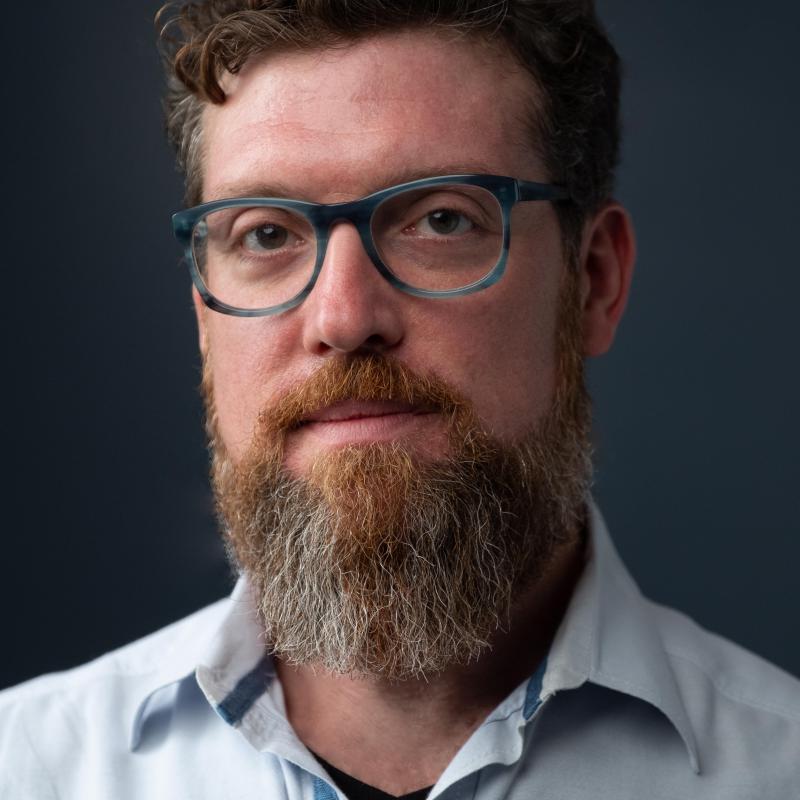
Jordan Hyatt
Jordan M. Hyatt, JD PhD, is an associate professor in the Department of Criminology and Justice Studies, and serves as director of the Center for Public Policy, at Drexel University. Much of his work has focused on action research within the carceral environment. This has included projects on programming, staff well-being, and prison climate. He is the co-PI of the Scandinavian Prison Project, a broad-based effort to restructure the social, operational, and administrative systems that govern how officers and incarcerated people experience their time living and working on a Scandinavian-inspired housing unit in Pennsylvania.

Jimmy Jenkins
Jimmy Jenkins is a Criminal Justice Reporter for The Arizona Republic focusing on prisons, jails, police, and courts. Previously Jenkins was a public radio reporter where he contributed to NPR's national criminal justice collaborative. He has a BS in Criminology and a Master's Degree in journalism, as well as 10 years of experience working as a reporter. Jenkins' has paid close attention to prison health care conditions in Arizona, which were recently ruled unconstitutional by a federal judge, and the system could potentially be taken into receivership.

Nneka Jones Tapia
Dr. Nneka Jones Tapia is the Managing Director for Justice Initiatives at Chicago Beyond. She is an experienced psychologist who is passionate about mental wellness, criminal justice reform, and supporting young people who have experienced trauma. Since joining Chicago Beyond in 2018, Dr. Tapia collaborated to launch programs focused on positive family engagement for families who are justice- involved, holistic healing supports within Chicago Public Schools and peer-led healing supports for youth. She is the former warden of Cook County jail in Chicago, Illinois - one of the largest single site jails in the country. Under her leadership, Cook County jail implemented several bold strategies to promote wellness and to reduce recidivism, including the Mental Health Transition Center, a program that has helped hundreds of people who have been incarcerated to successfully reenter their families and communities.
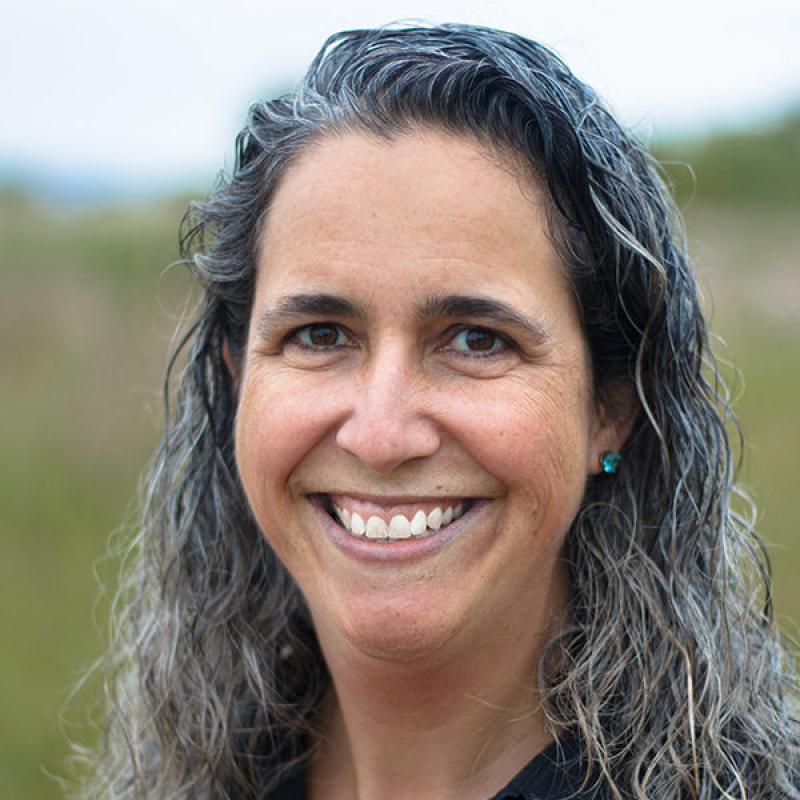
Corene Kendrick
Corene Kendrick joined the ACLU National Prison Project as Deputy Director in 2020, and she directs litigation, public education, and policy advocacy on behalf of incarcerated people across the country. Previously she was a staff attorney at the Prison Law Office in Berkeley, California, where she worked on multiple class action cases on behalf of people in prisons and jails in California and Arizona. She also was a staff attorney at the Youth Law Center in San Francisco, where she led policy advocacy, impact litigation, and public education on behalf of children in foster care and juvenile justice systems in numerous jurisdictions across the country, and was a Skadden Fellow at Children’s Rights in New York, where she litigated against foster care systems in multiple states across the South. Prior to attending law school, she was a legislative assistant for the Planned Parenthood Federation of America in Washington, D.C. She has a J.D. from Stanford Law School, a Masters of Public Affairs from the University of Texas LBJ School of Public Affairs, and a B.A. from George Washington University.
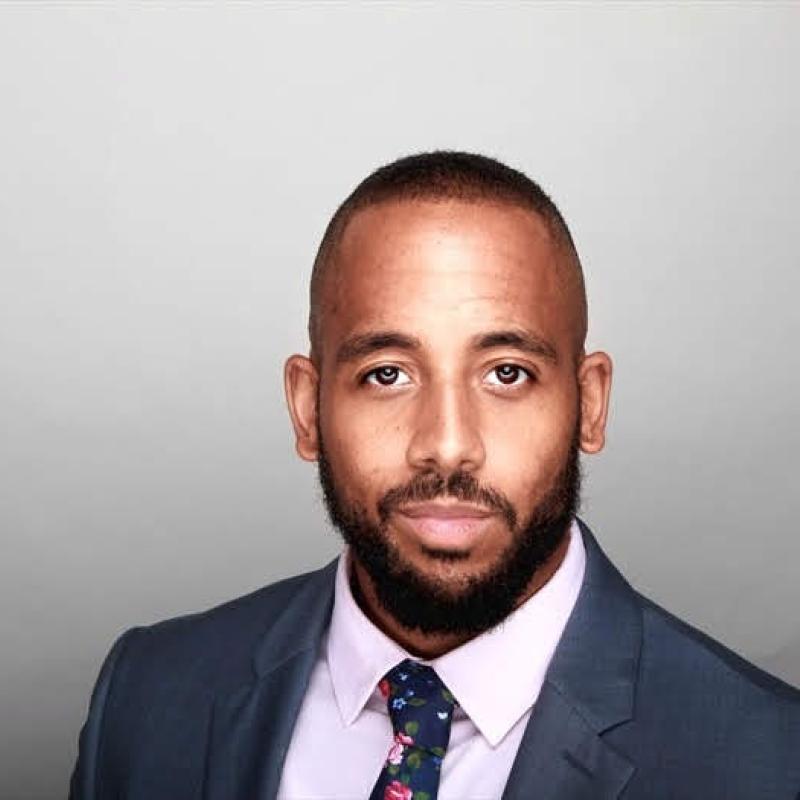
Jamiles Lartey
Jamiles Lartey is a New Orleans-based staff writer for the Marshall Project. Previously, he worked as a reporter for the Guardian covering issues of criminal justice, race, and policing. Jamiles was a member of the team behind the award-winning online database “The Counted,” tracking police violence in 2015 and 2016. In 2016, He was named “Michael J. Feeney Emerging Journalist of the Year” by the National Association of Black Journalists. For the Marshall Project, Lartey has focused on the politics of criminal justice reform, and on policing policy in the wake of the murder of George Floyd. In 2021 He was a finalist for the Livingston Award for national reporting.
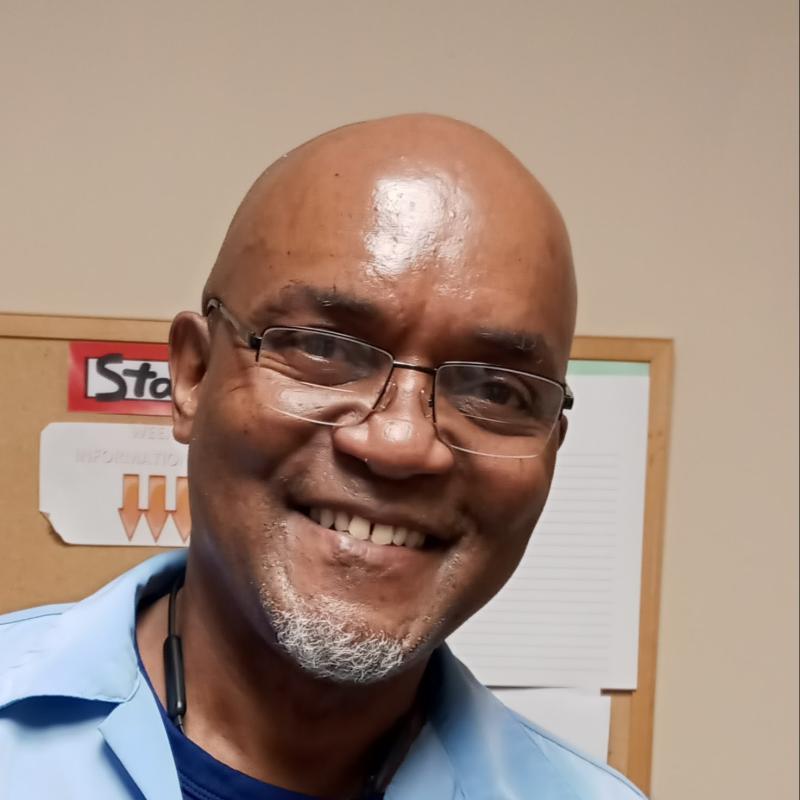
Ronald McKeithen
Ronald McKeithen is a formerly incarcerated artist, advocate, and writer who spent 37 years in Alabama prisons under the Habitual Felony Offender Act (HFOA). Ronald was born on February 24th, 1962at Hillman Hospital in Birmingham, and grew up during the height of the civil rights struggle. Ronald was convicted of robbery in 1984 and was mandatorily sentenced to life without parole under Alabama's three strikes law at just 21 years of age because of three non-violent property crimes in his past. During his time in prison, Ronald devoted himself to learning, creating art, and mentoring other incarcerated people. He earned his GED, became a licensed barber, became an artist and a poet, and led book clubs and a debate program. After not speaking with a lawyer for 35 years, Ronald was put in contact with Alabama Appleseed Center for Law & Justice. Appleseed took on his case, and on December 16, 2020, Ronald left Donaldson Correctional Facility to begin the next chapter of his life in the very community that worked to secure his release. Ronald currently lives in Birmingham, works with Appleseed as their Reentry Coordinator-Advocate, and continues to mentor young people in the community who face similar struggles as he did many years ago.

Scott Medlock
Scott has practiced law since 2005, and is currently a partner with Greisen Medlock in Denver, Colorado. Scott began his legal career with the Texas Civil Rights Project, then practiced for eight years with the civil rights firm Edwards Law in Austin, Texas. Until his move to Denver in 2021, Scott spent his entire career litigating cases for prisoners and their families against the Texas Department of Criminal Justice. Most notably, Scott spent over a decade suing TDCJ in cases related to the Department’s refusal to air condition prisons. In a major victory, Scott’s team won a class action lawsuit that required TDCJ to install air conditioning at the Pack Unit, a 1,300-man geriatric prison near College Station. When the COVID-19 pandemic began, Scott sued the Pack Unit again, seeking protections for the inmates at the prison. Though at least 20 men died of COVID-19 at the Pack Unit, the Fifth Circuit Court of Appeals recognized that, without the lawsuit, “countless” more men would have likely died. Scott is currently suing the Colorado Department of Corrections on behalf of transgender women prisoners. Scott is a graduate of Northwestern University, and the University of Texas School of Law.
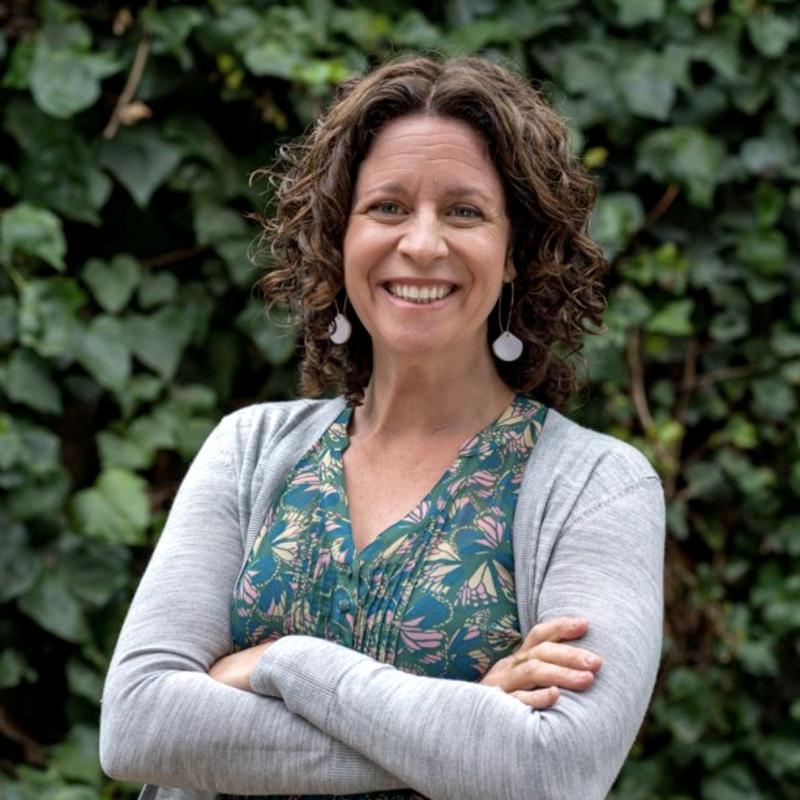
Margot Mendelson
Margot Mendelson is the Legal Director of the Prison Law Office. In that capacity, Margot works on a range of issues related to conditions of confinement, access to health care, disability rights, and use of force in California prisons, jails, and immigration detention centers. Margot’s practice involves trial and appellate work, as well as extensive post-judgment enforcement work. In recent years, Margot has been involved with advocating for statewide reform of solitary confinement practices. Prior to joining PLO in 2016, Margot worked at Rosen Bien Galvan & Grunfeld, where she practiced complex civil litigation in state and federal courts, with a focus on civil rights matters. Margot clerked for Judge Diana G. Motz of the U.S. Court of Appeals for the Fourth Circuit and Judge Catherine Blake of the U.S. District Court for the District of Maryland. She received her J.D. from Yale Law School and her B.A. from Harvard College. Margot serves on the board of Immigrant Legal Defense, a nonprofit legal organization based in Oakland, California.
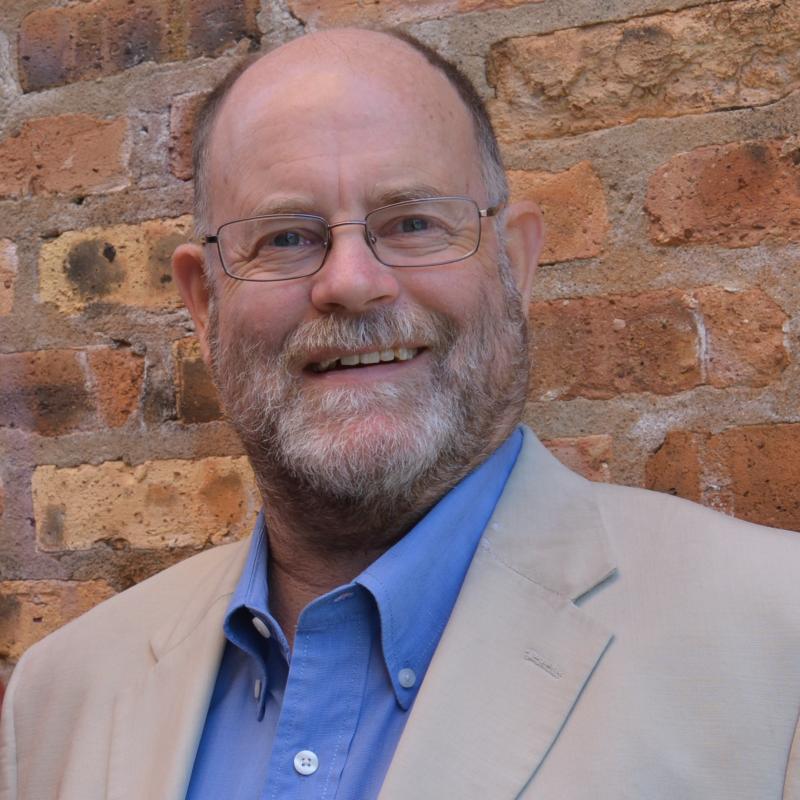
Alan Mills
Alan Mills is the Executive Director of Uptown People’s Law Center–a nonprofit community legal clinic located on the North Side of Chicago. UPLC is a legal organization that fights for justice for tenants, the disabled, and prisoners in Illinois. He began as a volunteer law student at UPLC in 1979. Alan has tried dozens of individual cases on behalf of prisoners in state and federal court during the last 40years. UPLC is currently lead counsel in six class action cases alleging that Illinois prisons violate the constitutional rights of Illinois prisoners. These include claims that the medical and mental health care provided to prisoners violates the 8th Amendment prohibition against cruel and unusual treatment, the state’s failure to accommodate the communication needs of deaf and hard of hearing prisoners, a claim that hundreds of guards used excessive force during a series of shakedowns, and a case challenging the excessive use of solitary. Alan graduated from Northwestern University School of Law in 1981. Since 2005, he has served as an adjunct professor there, teaching a seminar on Prisons and Prisoners’ Rights. For the last ten years, he has also helped train attorneys appointed to represent prisoners in civil rights cases by the U.S. District Courts for the Northern and Southern Districts of Illinois.
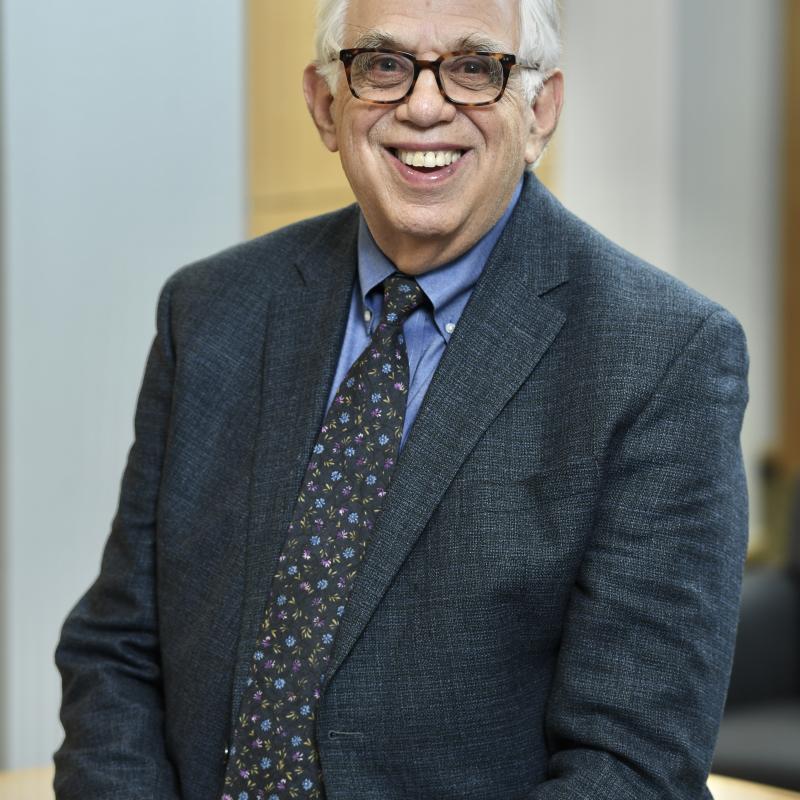
Michael B. Mushlin
Michael B. Mushlin is a professor of law at the Elisabeth Haub School of Law at Pace University. He is the author of a four-volume treatise entitled Rights of Prisoners (5thed. Thomson Reuters). Professor Mushlin was staff attorney and project director of the Prisoners’ Rights Project of the Legal Aid Society where he litigated cases on behalf of incarcerated persons in New York prisons and New York City jails. He served on the Board of the Correctional Association of New York and was its Chair and Vice Chair. He was also Chair of the Osborne Association, a program that provides services and programs for incarcerated people and their families and Chair of the Corrections Committee of the New York City Bar Association where he led an investigation into conditions on New York’s death row. He served as a member of the Task Force on The Legal Status of Prisoners of the American Bar Association and as co-Chair (with Michele Deitch) of the ABA’s subcommittee on prison oversight. He currently serves on the Advisory Committee on Criminal Law and Procedure to the New York State Judiciary where he chairs the subcommittee on judicial visits to prisons.
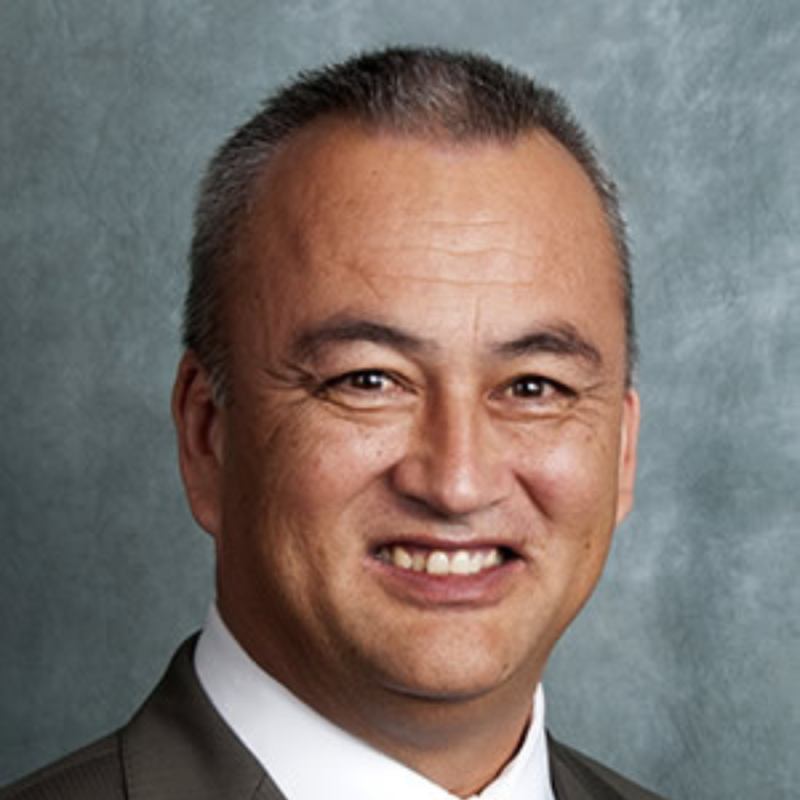
Dan Pacholke
Dan Pacholke served the Washington State Department of Corrections for 33 years, starting as a Correctional Officer and retiring as Secretary. He is known as a leader in segregation reform and violence reduction in prisons, and has extensive experience in program development and implementation, facility management, and marshaling and allocating resources. He has a proven ability to make change, as demonstrated by the efforts he led that resulted in a 30% reduction in violence in Washington State Prisons and a 52% reduction in use of segregation. He is a champion of humanity, hope and legitimacy in corrections. He is also the co-founder of the Sustainability in Prisons Project, and currently serves as a consultant and expert witness in corrections conditions cases, including serving as an expert for the U.S. Department of Justice.
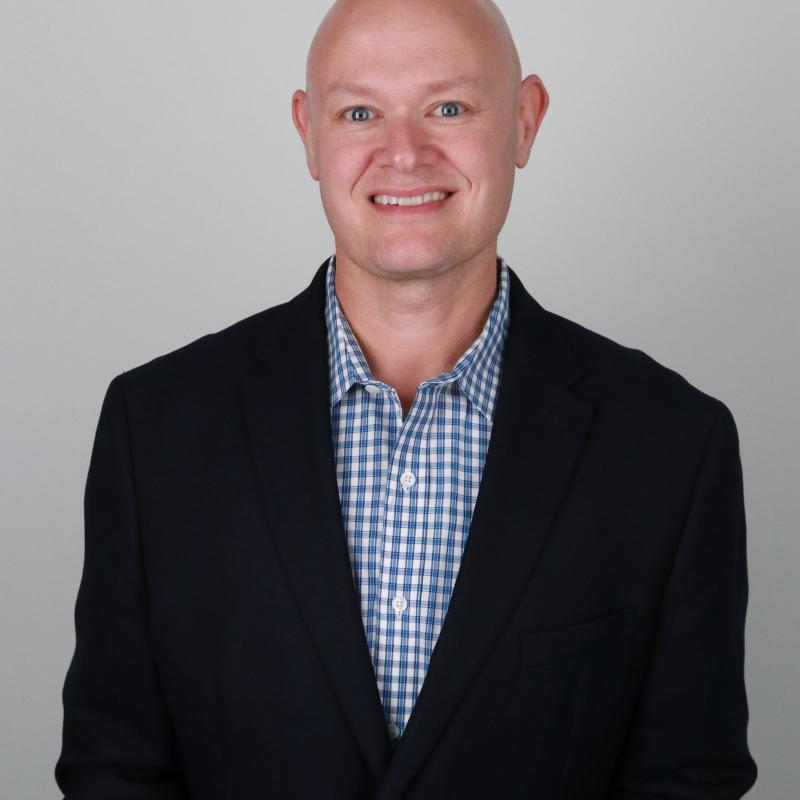
David Pitts
David Pitts, PhD, is a Senior Research Fellow at the Urban Institute and director of the Prison Research and Innovation Initiative, a multiyear project that leverages research to promote transparency, innovation, and well-being in US prisons. Dr. Pitts uses evidence-based strategies to promote prison reform that benefits both incarcerated people and correctional staff, and toward that end, he has partnered with an array of advocacy organizations, nonprofit service providers, and departments of corrections. His work has addressed a variety of topics in this area, including restrictive housing, prison education, visitation, correctional staff well-being, and facility climate and culture. In addition to his criminal legal system research, Dr. Pitts has written extensively on issues of diversity, equity, and inclusion in public policy. He has consulted for government organizations at all levels, from small cities to federal agencies, and has taught a variety of courses to graduate students in public policy and criminal justice programs. He is currently an adjunct professor at the John Jay College of Criminal Justice, City University of New York, and prior to joining Urban, held appointments at the Vera Institute of Justice, University of California, Irvine, American University, and Georgia State University.
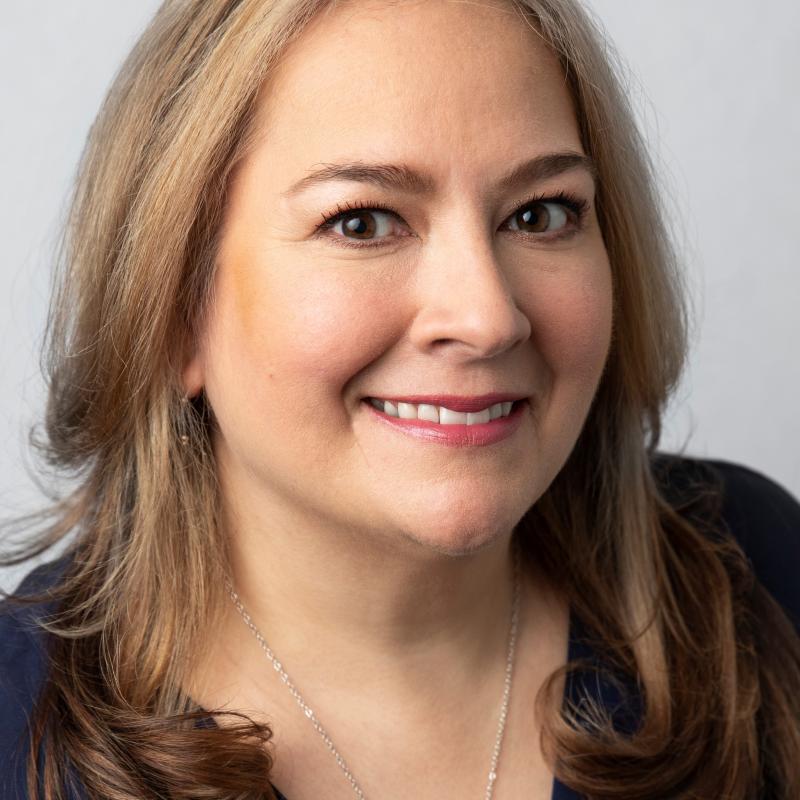
Jessica Sandoval
Jessica Sandoval, MPA has dedicated almost three decades to community organizing and advocating for social justice causes - and has effectively led campaigns to change policies affecting youth and adults concerning incarceration, gang-involved youth, and harmful practices within the criminal legal systems. Through positions in leadership, boots-on-the-ground organizing and legislative advocacy, Mrs. Sandoval has developed and administered a variety of strategies and tools at both the state and national level. She currently serves as the National Director for the Unlock the Box Campaign, a national campaign to end solitary confinement in U.S. jails, prisons and youth facilities.
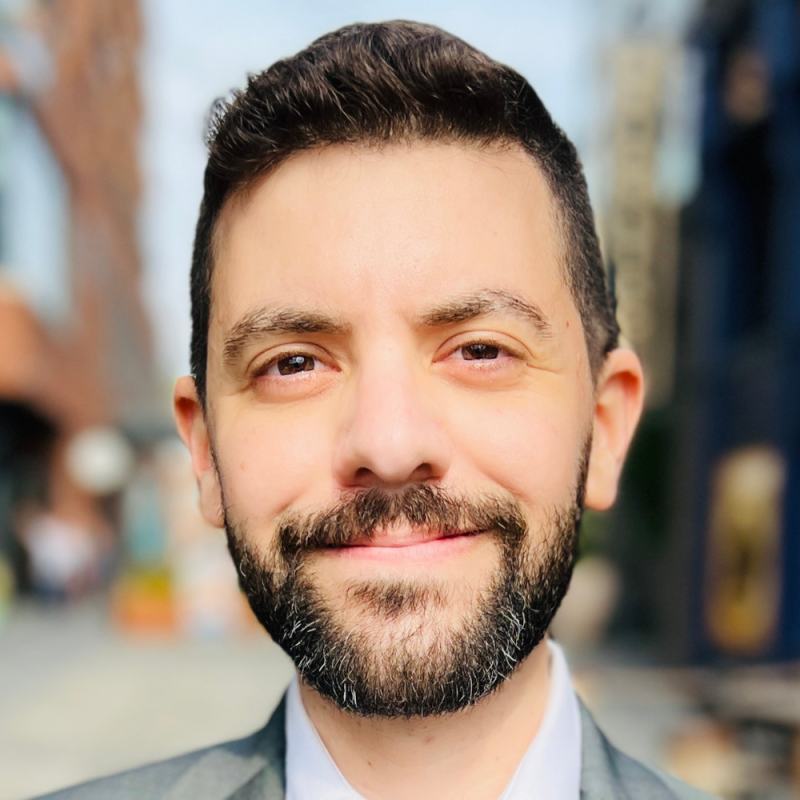
Terry Schuster
Terry Schuster is the newly appointed Ombudsperson for the New Jersey prison system. He is an attorney and criminal justice policy analyst who, as a manager at the Pew Charitable Trusts, spearheaded sentencing and corrections reform initiatives in Michigan, Louisiana, Alaska, and Utah. He previously served as special assistant to the federal Monitor in S.H. v. Reed, a juvenile conditions of confinement case in Ohio, and as staff attorney at the Juvenile Law Center. During law school at the University of Texas, he also clerked for the Independent Ombudsman for the Texas Youth Commission and the Special Master in Farrell v. Cate, a juvenile conditions of confinement case in California.
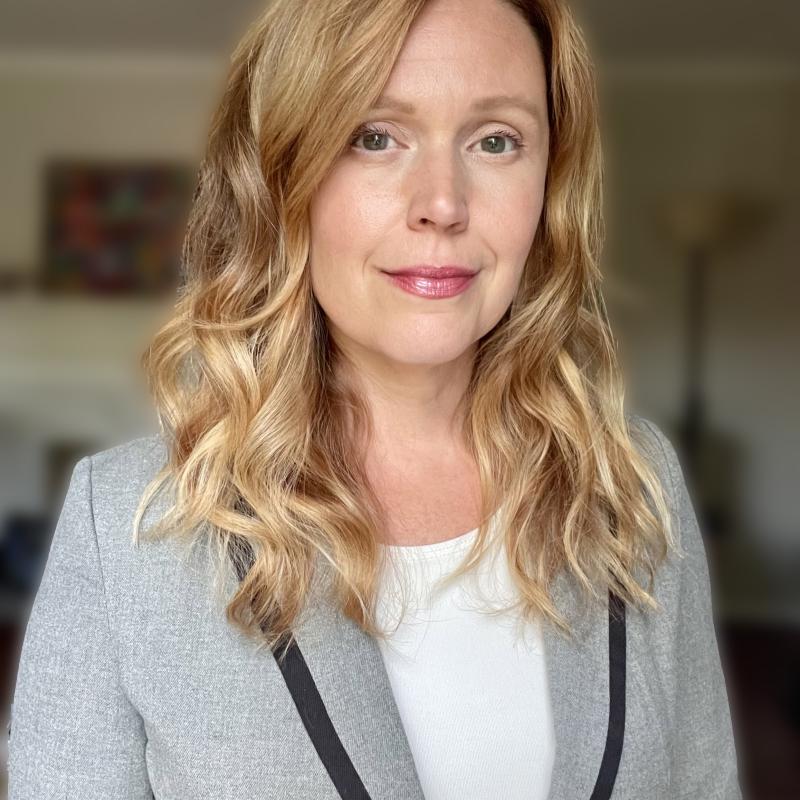
Beth Shelburne
Beth Shelburne is an award-winning journalist, writer and investigative reporter based in Birmingham, Alabama. Her work has appeared in The Los Angeles Times, The Bitter Southerner, The Daily Beast and Facing South. She has done extensive reporting on Alabama’s prison system and was named a 2018-2019 Writing for Justice Fellow with Pen America. Beth spent 20 years working as a television news reporter and anchor, most recently at WBRC in Birmingham. She currently serves as an investigative reporter for the Campaign for Smart Justice with ACLU of Alabama. Beth has an MA in creative writing from the University of Alabama at Birmingham and a BA in mass communication and journalism from Auburn University. She is currently working on an investigative podcast about To forest Johnson, a man on Alabama’s death row who was wrongfully convicted of murder.
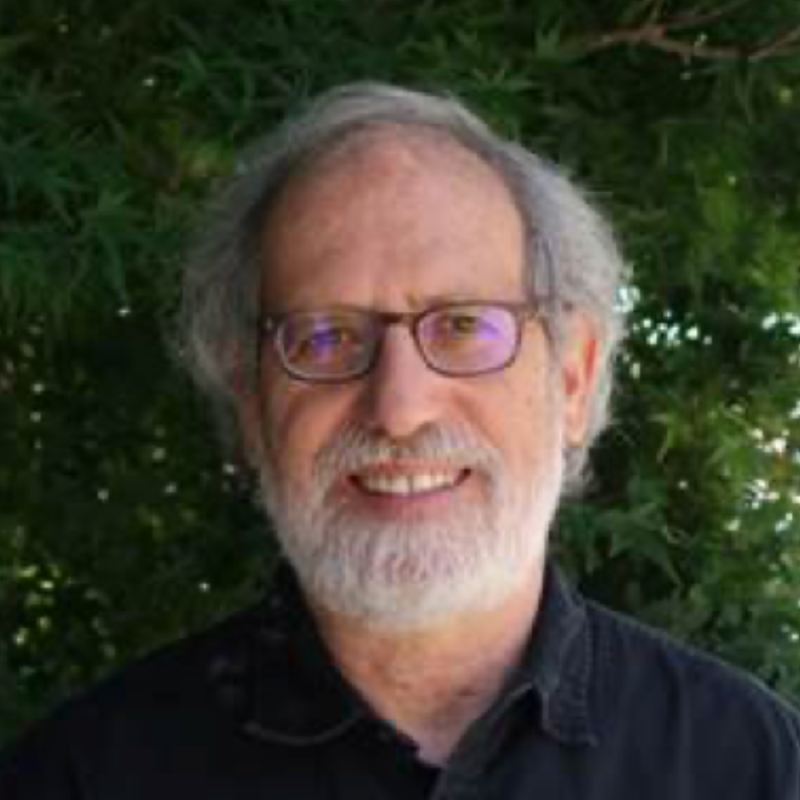
Don Specter
Don Specter is the Executive Director of the Prison Law Office. He has been lead counsel in numerous impact cases and has successfully argued cases at all levels in the California and federal courts, including successfully arguing before the U.S. Supreme Court in Brown v. Plata, 563 U.S. 493 (2011) (affirming a three-judge panel order requiring California to drastically reduce the prison population) and Pa. Dep’t of Corr. v. Yeskey, 524 U.S. 206 (1998) (unanimously holding the Americans with Disabilities Act applies to state prisoners). He has been chair of the California State Bar Commission on Corrections, was named Appellate Lawyer of the Week by the National Law Journal for arguing Plata. Don received the California Lawyers of the Year Award in 2006 and 2009 and was selected three times as one of the top 100 lawyers in California. Don created and directed the US-European Criminal Justice Innovation Program which, in partnership with the Criminal Justice & Health Consortium at U.C. San Francisco, brought correctional leaders on facilitated tours of European prisons where they learn about innovative and humane approaches to sentencing, treatment and prison reform. Don earned his B.A. in Economics from New College in Sarasota, Florida in 1974 and his J.D. from the University of San Francisco School of Law in 1978.
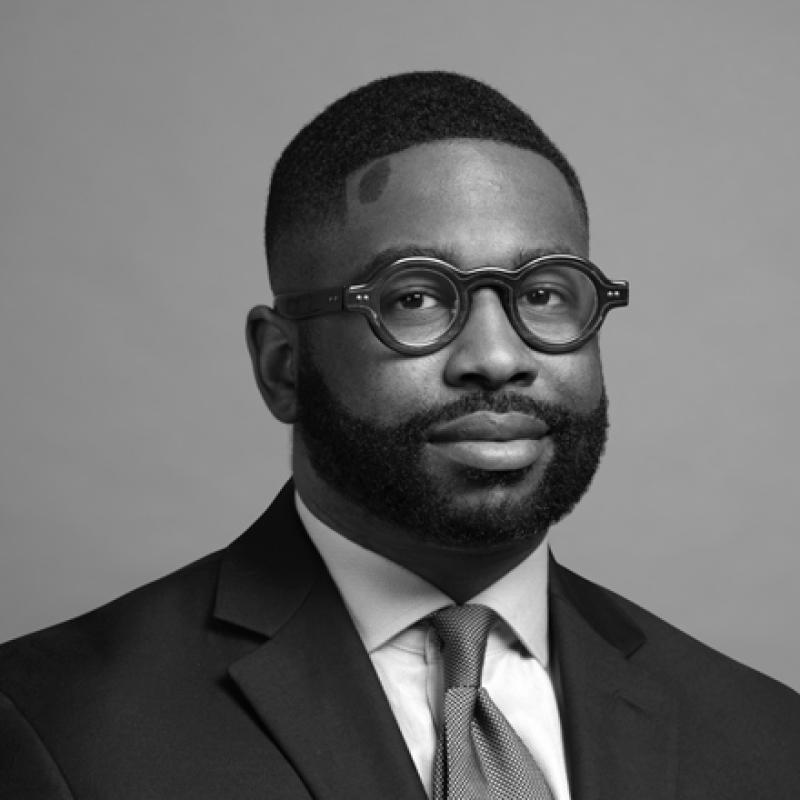
Hernandez Stroud
Hernandez D. Stroud is counsel for the Brennan Center for Justice at New York University School of Law. He serves on the faculties of Columbia University and the New York University School of Law. He studies institutional reform litigation involving prisons and jails, particularly remedies. He also drafts and spearheads criminal legal and policy reforms. Prior to the Brennan Center, Stroud was the inaugural Robert F. Drinan Visiting Assistant Professor at Boston College Law School. He has held other academic appointments at Yale Law School and the Washington and Lee University School of Law. Stroud served as acting director of policy for the City of New Haven, focusing especially on childhood literacy, policing, and prisoner re-entry. A first-generation college graduate from Alabama, he holds a bachelor’s degree from the University of Alabama at Birmingham, a master’s degree from the University of Pennsylvania, and a law degree from the Washington and Lee University School of Law. After law school, he served as a law clerk to Hon. Madeline Hughes Haikala of the U.S. District Court for the Northern District of Alabama and Hon. O. Rogeriee Thompson of the U.S Court of Appeals for the First Circuit.
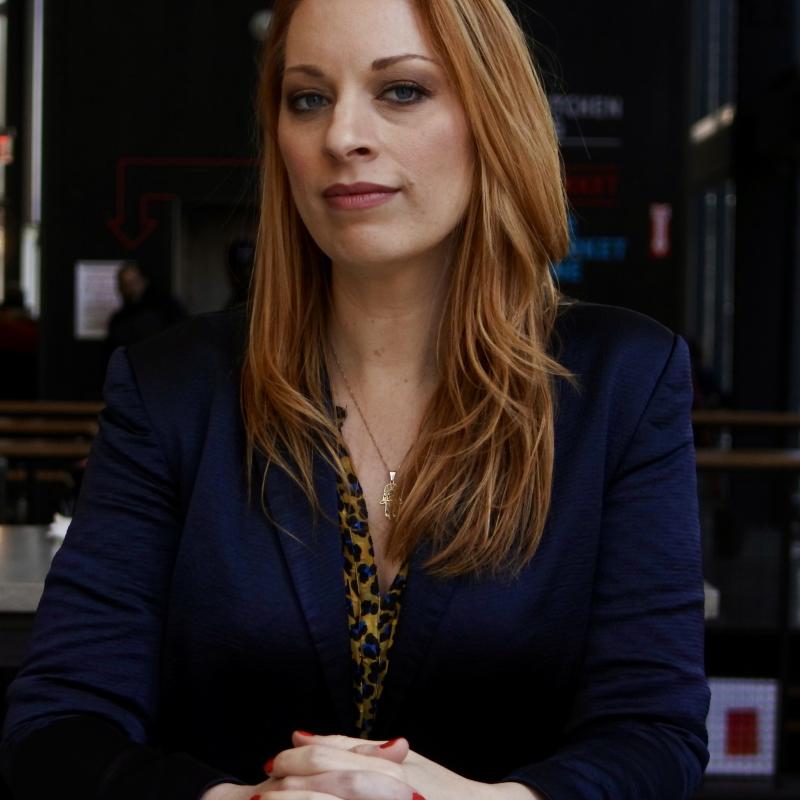
Sarena Townsend
Sarena Townsend is a Partner at criminal defense and civil litigation firm Townsend, Mottola &Uris Law, PLLC and is a consultant for Campaign Zero, an organization committed to decreasing police violence and increasing police accountability. From 2016 - 2021, Ms. Townsend was the Deputy Commissioner of the Intelligence, Investigation & Trials Division at the New York City Department of Correction (“DOC”). There, she oversaw thousands of investigations and imposed discipline for DOC staff misconduct. Ms. Townsend brought DOC into compliance with Prison Rape Elimination Act investigations, Use of Force disciplinary guidelines, and Use of Force investigations. Prior to her position with DOC, Ms. Townsend was a Deputy Bureau Chief at the Kings County District Attorney's Office (KCDA) in Brooklyn, NY. Over the course of her 10 years there, Ms. Townsend prosecuted high-profile, complex cases. Ms. Townsend specialized in sex crimes prosecutions, but achieved top count convictions in all areas of criminal prosecution, including homicide, rape, assault, robbery, kidnapping, DWI, narcotics, and gun possession. She also trained and supervised KCDA prosecutors. Ms. Townsend received her J.D. from Fordham University School of Law in 2006 and graduated, with honors, from New York University in 2003, with a B.A. in Psychology.
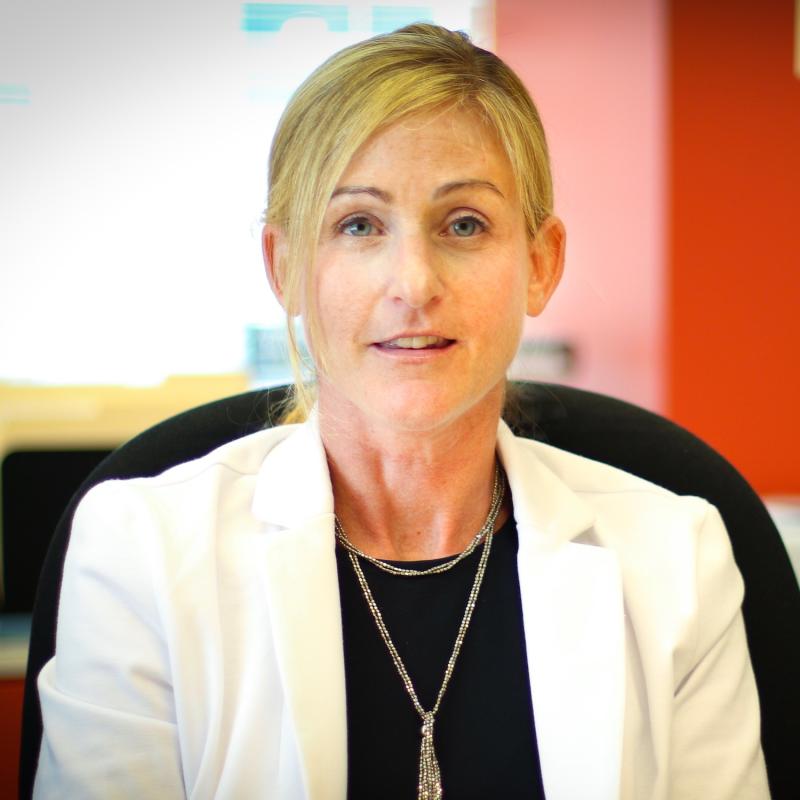
Jennifer Vollen-Katz
Jennifer Vollen-Katz is the Executive Director of the John Howard Association (JHA). Prior to this role, she served as JHA’s Juvenile Justice Program Director, leading the organization’s juvenile facility monitoring work and policy initiatives. Jennifer is in charge of all aspects of JHA, including program work and organization administration. Jennifer is the past Chairperson and a current board member of the State Advisory Board to the Illinois Department of Juvenile Justice and a member of the Federal Defender Program, Salvation Army, and Chicago Community Bond Fund Advisory Boards.
She is also a former member of the Illinois Criminal Justice Information Authority, where she served as the Chairperson of the Appeals Committee, and of the Board of Advisors of the Chicago Lawyer Chapter of the American Constitution Society for Law and Policy. She earned her Bachelor's Degree from St. Lawrence University, New York, her law degree from the Georgetown University Law Center, Washington D.C., and her MSc in criminal justice policy from the London School of Economics and Political Science, London, England. Preceding her role at the John Howard Association, Jennifer was a lecturer in law and a clinical supervisor at the University of Chicago Law School Mandel Legal Aid Clinic Federal Criminal Justice Project. Prior to that, she was a staff attorney at the Federal Defender Program, representing indigent defendants in federal criminal cases in the Northern District of Illinois
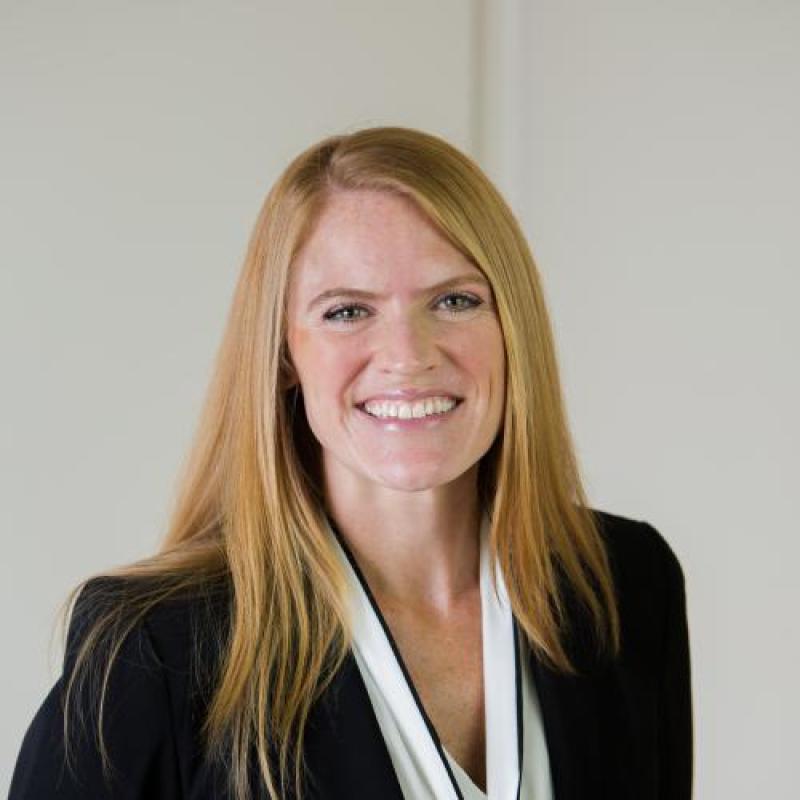
Alycia Welch
Alycia Welch is Associate Director of the Prison and Jail Innovation Lab at the Lyndon B. Johnson School of Public Affairs. Her research focuses on the safe and humane treatment of people in custody, with a particular focus on women and individuals living with behavioral health challenges. She has nearly 20 years of experience managing multi-partner projects reforming the justice and behavioral health systems. She directed a transitional housing program for women exiting prison or jail, developed an alternative to incarceration program for young adults, oversaw a multistate, federally funded initiative providing training and technical assistance on behavioral health and criminal justice issues, and designed multiple studies assessing the impact of community-based programs on those who are justice-involved. The recipient of several national policy research awards, Alycia served as policy analyst for two members of the Texas House of Representatives and has authored numerous reports for state and local government officials, corrections administrators, and advocates that have been selected for inclusion in several publications and featured in major national news outlets. Alycia is a proud alum of the LBJ School, where she received her Master of Public Affairs while simultaneously earning her Master of Science in Social Work at the Steve Hicks School of Social Work. She also holds a Bachelor of Arts degree from the University of Michigan.
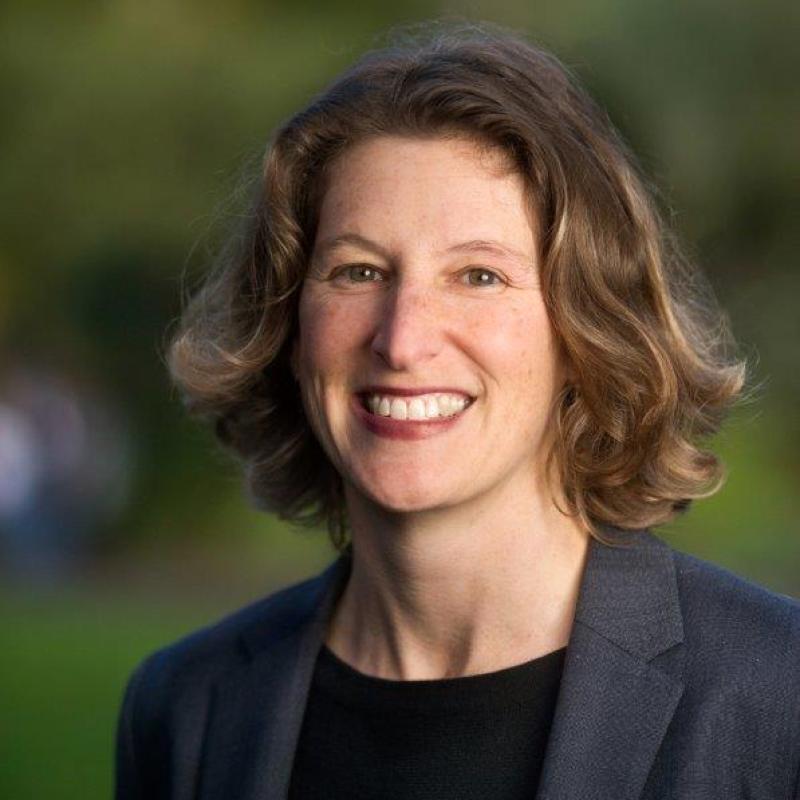
Dr. Brie Williams
Dr. Brie Williams, MD, MS is a Professor of Medicine at the University of California, San Francisco’s Center for Vulnerable Populations, with specialty training in internal medicine, geriatrics, and palliative care. Dr. Williams directs Amend, a training and leadership development program that draws on public health, medical ethics, occupational health, and correctional practices from Norway and beyond to inspire, educate and empower prison staff to immediately address dehumanizing conditions in U.S. prisons that perpetuate trauma, violence, and health inequities among both incarcerated people and prison staff. Dr. Williams also co-directs the Aging Research in Criminal Justice (ARCH) Network, funded by the National Institute on Aging, to expand research at the intersection of aging, serious illness, and criminal legal system involvement. Her policy-oriented research has called for improved responses to disability, dementia, and serious illness among incarcerated older adults; a more scientific development of compassionate release policies; and alternatives to solitary confinement. In 2016, Dr. Williams provided expert testimony to the US Sentencing Commission on proposed changes to “compassionate release” policies for seriously ill incarcerated patients, recommendations which were later incorporated into the First Step Act and, recently, into California’s new Compassionate Release Law.
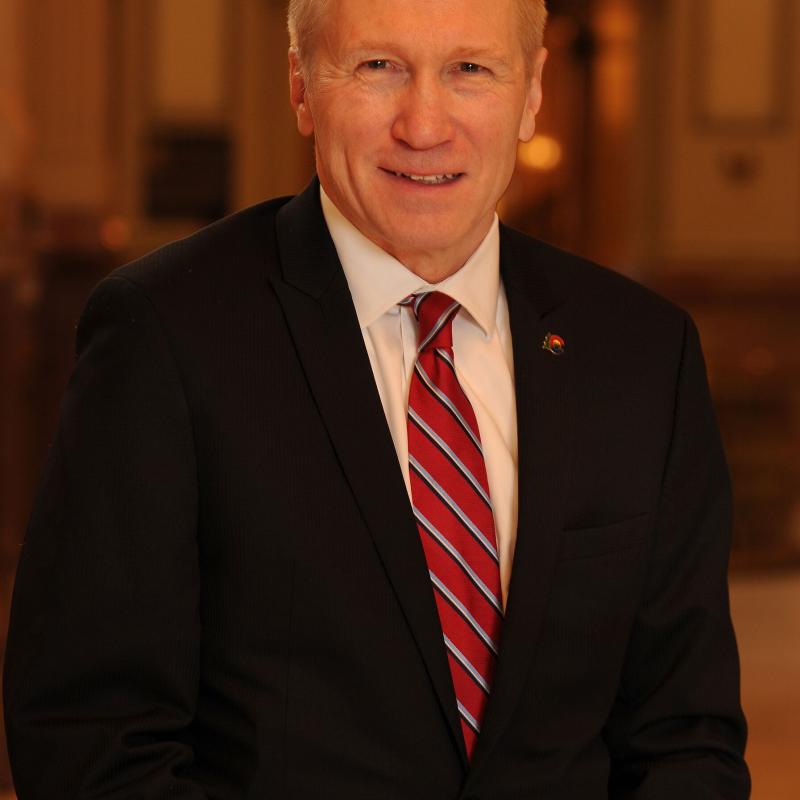
Dean Williams
Dean Williams was appointed Executive Director of the Colorado Department of Corrections by Governor Jared Polis on January 8, 2019 and led the DOC for approximately four years. Prior to joining the Colorado DOC, he was the Commissioner of Corrections in Alaska where he oversaw the operation of community jails, halfway houses, pretrial and sentenced facilities, probation, parole and pre-trial efforts in the state. Dean served in several capacities during his time in Alaska, including Special Assistant to Governor Walker, Special Assistant in the Alaska Department of Public Safety, Researcher for the Alaska Legislature, Executive Director of the Downtown Soup Kitchen, Juvenile Justice Superintendent, Youth Counselor for the Dept. of Juvenile Justice, and Reserve Police Officer for the Anchorage Police Department. In the adult corrections field, Dean and community partners led major initiatives to include development of prisoner-led newspaper, podcast, radio station, theater, seminary education (to train up inmate chaplains), honor units, mentoring, and substance abuse training. All of these efforts were implemented as an opportunity for incarcerated people to lead and to positively impact prison culture. In recognition of these innovative accomplishments, in 2022, the International Corrections and Prisons Association presented Dean with the prestigious Head of Service Award for Excellence. Dean holds a Bachelor of Science Degree in Communications from Ohio University.
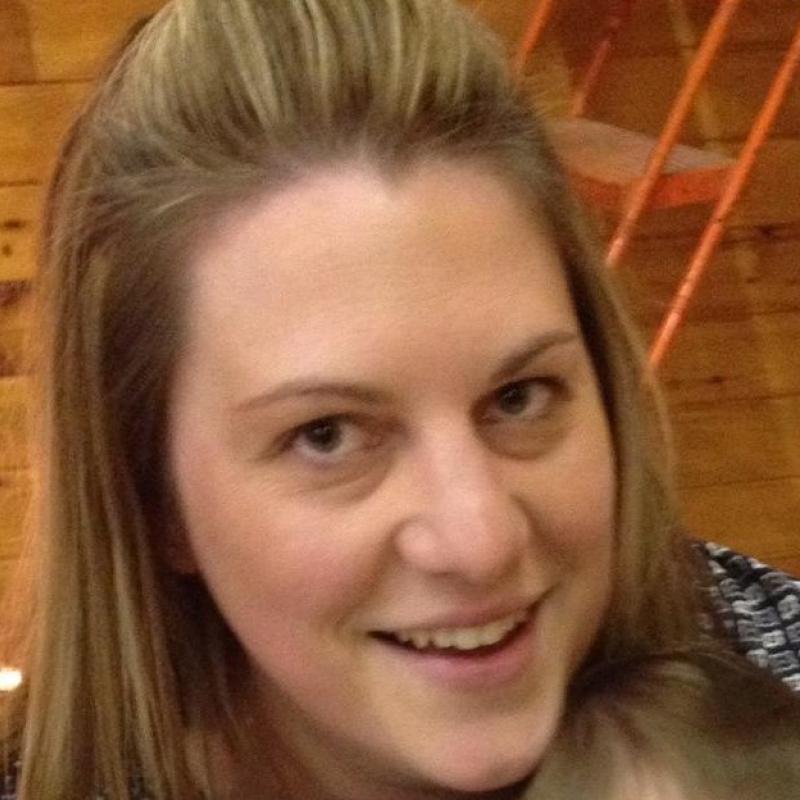
Amanda Woolford
Amanda Woolford is the Director of Women’s Services for the Maine Department of Corrections. She is an established champion for justice-involved women and she has dedicated her 18-year career to enhancing services for the clients and families she serves. She actively seeks ways to overcome limitations and frequently challenges the status quo. She is passionate about increasing positive outcomes and opportunities for her clients to help promote the likelihood that women successfully and permanently transition out of the system.
Early in her career, Amanda noticed disparity with male and female pathways to incarceration. Thus began a lifelong quest to advocate for change. In 2006, she began work at the Maine DOC to provide oversight of the only adult women’s facility in Maine while earning her master’s degree from Boston University in Criminal Justice, with a concentration in Strategic Management.
Having a single facility that houses women in the State of Maine causes hardship for some families wishing to visit their loved ones. To mitigate this hardship, Amanda has worked tirelessly to increase access to in-person visitation by introducing Skype and Video Visitation along with Mother-Child family bonding visits at the facility to allow for the promotion of family bonds.